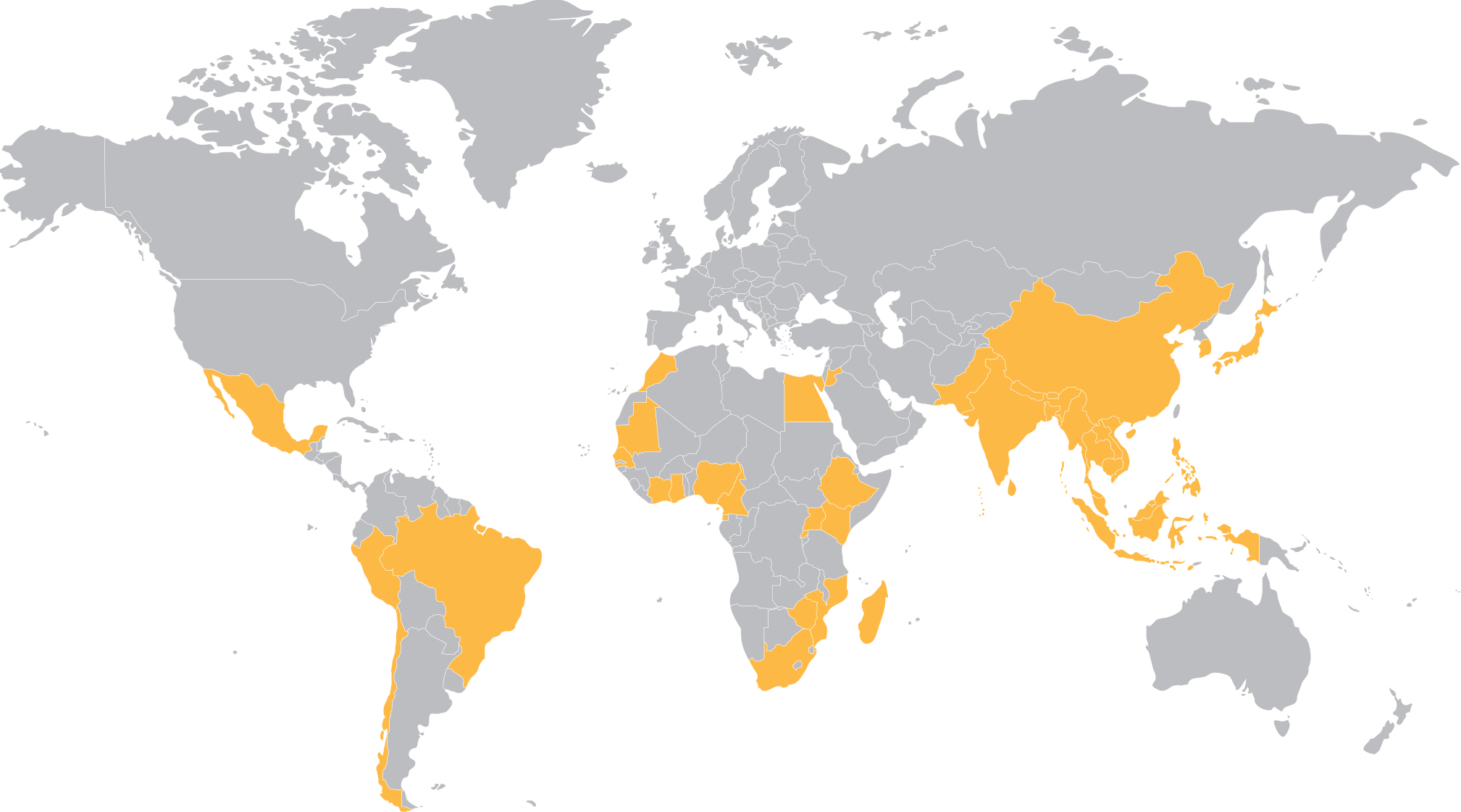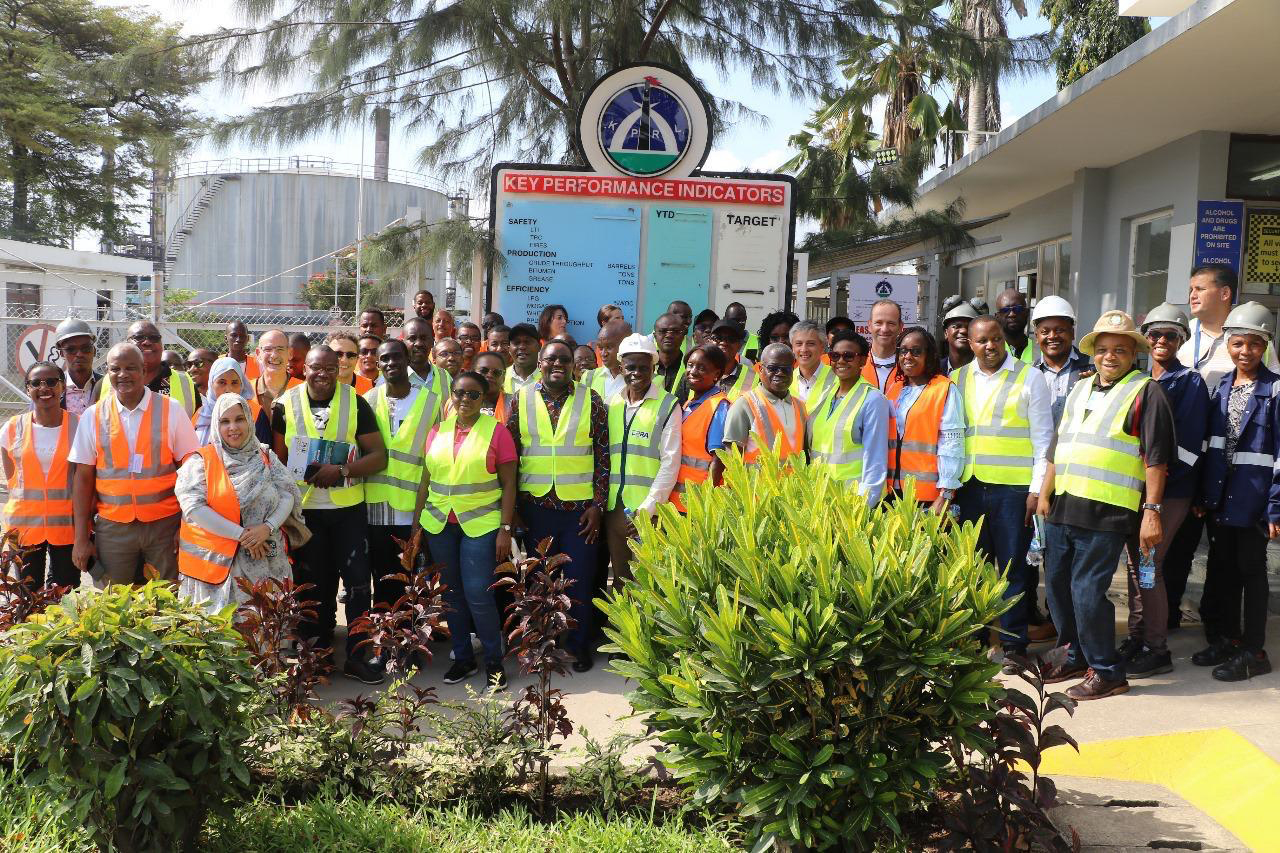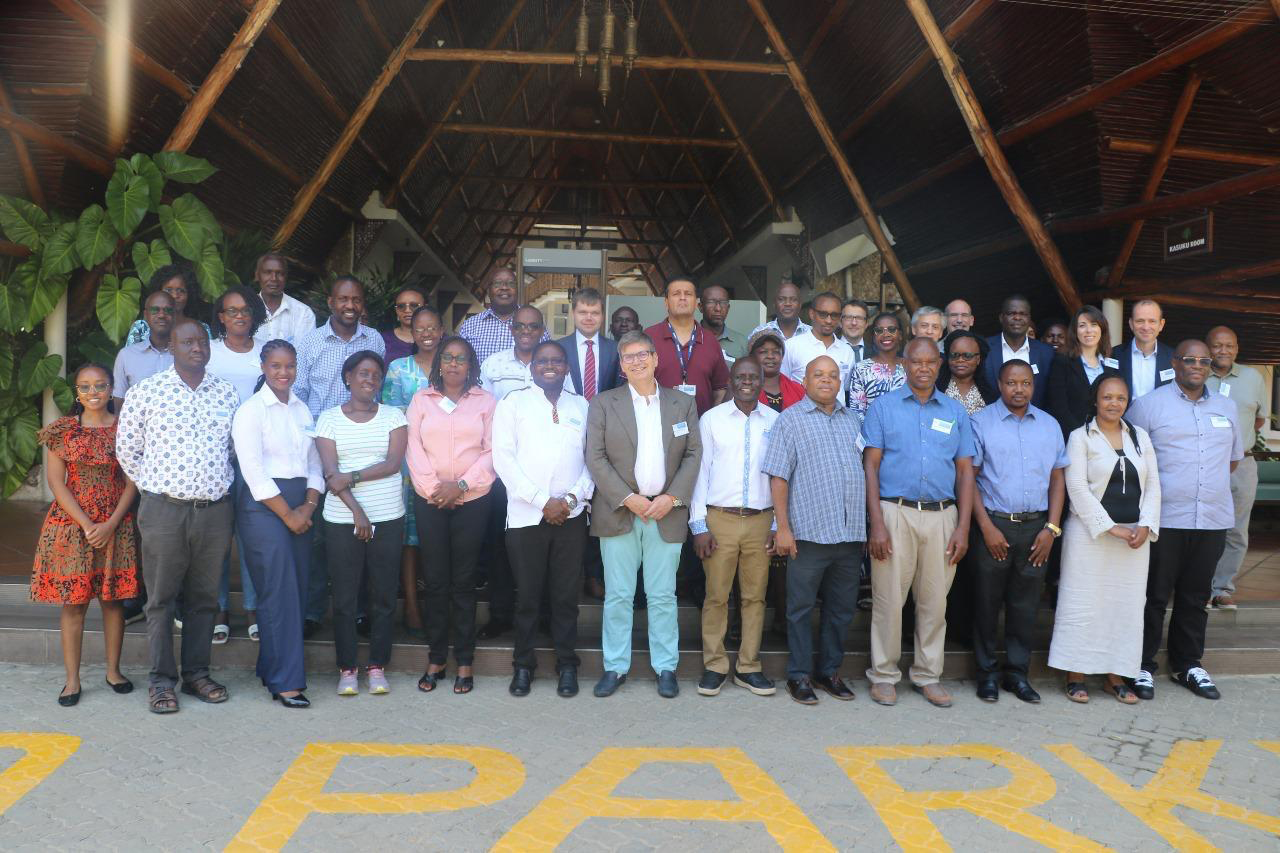 The development of Sustainable Aviation Fuels (SAF) has the biggest potential to significantly reduce the carbon footprint of air transport in the short- and long-term. The carbon reduction of SAF is on a life cycle basis.
The development of Sustainable Aviation Fuels (SAF) has the biggest potential to significantly reduce the carbon footprint of air transport in the short- and long-term. The carbon reduction of SAF is on a life cycle basis.
The 3rd ICAO Conference on Alternative Aviation Fuels (CAAF#3) in 2023, called as part of the efforts to achieve the LTAG, resulted in its Member States adopting the “Global Framework for Sustainable Aviation Fuels (SAF), Lower Carbon Aviation Fuels (LCAF) and other Aviation Cleaner Energies” which includes an objective to reduce the emission of air transport of 5% by 2030 thanks to SAF and other cleaner energies
. As part of this Framework, it was acknowledged that support to States and industry to develop and finance SAF initiatives is essential to ensure that “No Country is Left Behind” in the decarbonisation efforts. As such, the ICAO ACT- SAF Programme was established to support States in developing their full potential in SAF, through specific training activities, development of feasibility studies, and other implementation support initiatives.A rapid and geographically balanced scaling up of SAF production requires both significant investments and well-informed decision-making. In this regard, European entities are advocating and supporting the development of SAF within 42 Partner States in Africa, Asia and Latin America through different International Cooperation initiatives.
The first stage of this support is to raise awareness, to exchange best practices and to develop technical capabilities on SAF. The second stage involves supporting the development of local capabilities to enable local SAF production.
As part of the first stage, EU funded projects have been facilitating SAF workshops and webinars around the world and have also funded, via projects implemented by ICAO, 7 SAF Feasibility Studies - for Kenya, Trinidad and Tobago, Dominican Republic, Burkina Faso, Zimbabwe, Côte d’Ivoire and Rwanda
. Beyond Feasibility Studies, the technical cooperation initiatives from European entities have facilitated bringing all relevant stakeholders together in order to develop a common understanding on SAF, the potential of SAF within their State and what their role could be in the development of local SAF production. This has covered the entire value chain of SAF including the different pathways for production, technoeconomic analyses, readiness studies and policy dialogues. Depending on the State profile, the support and collaboration has been tailored towards its specific potential for SAF production (e.g. analysing the activation of specific feedstocks, taking advantage of existing refining capabilities, potential use of electricity from renewable sources) and assessing at high level the technoeconomic viability of possible production pathways.Similarly to the support provided on State Action Plans for CO2 emissions, the most valuable contribution has been to facilitate a common understanding on SAF among the potential SAF actors in a State, and more crucially among different Governmental Departments (e.g. Ministries of Energy, Transport, Environment, Finance, Civil Aviation Authorities) and non-aviation stakeholders (e.g. gas and oil industry, feedstock producers).
In the framework of the EU Global Gateway strategy, European entities have now reached the start of the second stage with the funding by the European Commission of SAF projects in 15 Partner States: Cameroun, Cote d’Ivoire, Egypt, Equatorial Guinea, Ethiopia, Kenya, India, Madagascar, Mauritania, Morocco, Mozambique, Nigeria, Rwanda, Senegal, South Africa. These projects will be implemented by ICAO and EASA, and aim to support States in achieving local SAF production projects.
The funds are being committed under the EU Global Gateway strategy and contribute to ICAO’s ACT-SAF programme and other technical cooperation projects that follow a similar approach. The support initiatives are discussed and agreed with the Partner States in order to map out the main areas of potential collaboration:
- Developing and managing the SAF programme at State level, including the definition of the SAF Roadmap, organising the stakeholder engagement and launching communication campaigns to explain the need of SAF for decarbonisation of air transport.
- Designing and deploying the most adequate SAF framework, as a set of State initiatives providing favourable conditions for SAF production projects to become viable (e.g. SAF policies, financial initiatives, capacity building), starting with having a good understanding of the State’s potential in the form of a feasibility study.
- Defining viable Direct Supply Lines (SAF production and supply projects), assessing the technoeconomic viability of different scenarios, identifying challenges and defining actions at State level (e.g. SAF policies or regulations, incentive schemes, research on sustainability of feedstocks) or at project level (e.g. adjusting technologies, establishing partnerships, securing feedstocks) for those production projects to become viable.
- Facilitating access to finance, enabling the bankability of the SAF production project by derisking investment and accessing dedicated funds (e.g. Development Banks, EU Global Gateway).

The initiatives are following and contributing to the development of ICAO’s ACT-SAF programme framework, templates and tools. This collaborative work is providing a common and harmonised toolkit that helps both the Partner States and relevant stakeholders match needs and supporting resources in a more agile manner, and allows for more efficient cooperation, even with multiple and concurrent partners.
This coordination is deemed essential to maximise the output of the resources dedicated to the upscale of SAF production worldwide.
Mr Emile Arao
Director General, KCAA, Kenya
“SAF will be essential for aviation to become sustainable in short to long-term. SAF is also an opportunity for countries to develop their green economy and to gain greater independence in a strategic sector. However, the complexity of the product, the interdependencies with other economic sectors and the strategic decisions that are required to start producing SAF locally, demands a close coordination in order for a Government to make the right decisions. The collaboration with international partners, such as the European Union, European States and Organisations, is crucial to maximise the use of available resources that can facilitate Kenya’s ambition to be one of the first countries in Africa to produce SAF at a commercial scale. Under the National SAF Committee, Kenya ensures an orchestrated set of actions, establishes clear leadership and milestones, and provides a collaborative platform for all actors to achieve this ambitious but exciting endeavour.”


